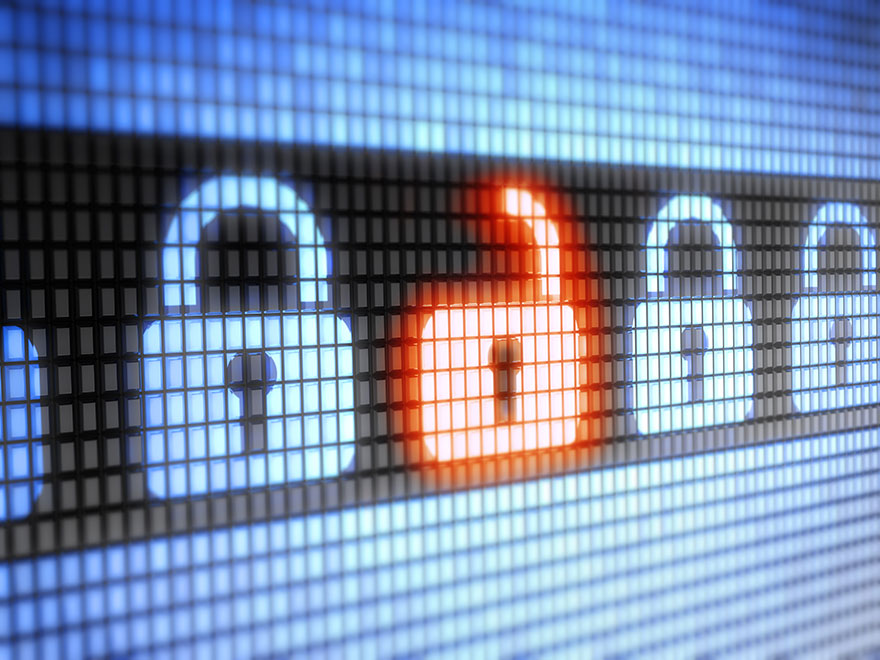
The internet is a great tool, however, it is also used by hackers who want to steal information. It could be for many reasons, such as creating false identities, accessing bank details, or finding out financial information about a business. As the internet evolves, hackers are finding more sophisticated ways to access information. Thankfully, there are ways you can help prevent cyber-attacks. This guide gives you some tips on keeping your website secure.
Update Software
Keeping your software up to date is a key way to prevent your website from being hacked. When there are holes in security, it makes it easier for hackers to breach your website. If you use a hosting company, then you don’t have to worry about updating running systems, as it will be done for you. However, you will still need to keep any software you use updated, such as plugins if you use WordPress and antivirus software.
Secure Hosting
Finding a secure hosting company, such as searching for Canadian Web Hosting, can help protect your website from being hacked. Secure hosting often means your files are backed up in case you need to reinstate your website, and you also get the benefit of ongoing technical support. Do your research before choosing a provider to make sure they have all the security measures in place to protect your website and the data it holds.
Encrypt
When you use encryption for your website, it turns any data into an indecipherable string of characters when viewed by an unauthorized party. Encryption makes accessing your information more difficult by adding another layer of security to get through.
Minimize User Uploads
If you allow users to upload files onto your website, it can create a security risk. Where possible, just allow one type of file, such as jpegs, to be uploaded. This helps to keep the risk minimal while still allowing the user functions you want on your site.
Passwords
When you own a website, you are likely to need a secure password to access the admin areas. Make sure you use long-form passwords that use a combination of upper and lower case letters, numbers and characters, rather than something that is easy to guess. It is also recommended that you change your passwords regularly.
Back-Up Files
Some form of cyber-attacks send malware that can ruin your website. In case the files on your website become lost or inaccessible, it is important to regularly back them up to an external source. Then, if your website is attacked, you will easily be able to get up and running again without too much damage.
Keeping your website secure is something that is a priority, as breaches can lead to lasting damage. You might have to completely rebuild your website, or if you are a business, you might lose customers. While website security might not always be on your daily to-do list, it is important to make the time to make it secure to save you the stress and hassle or repairing it should you get hacked.